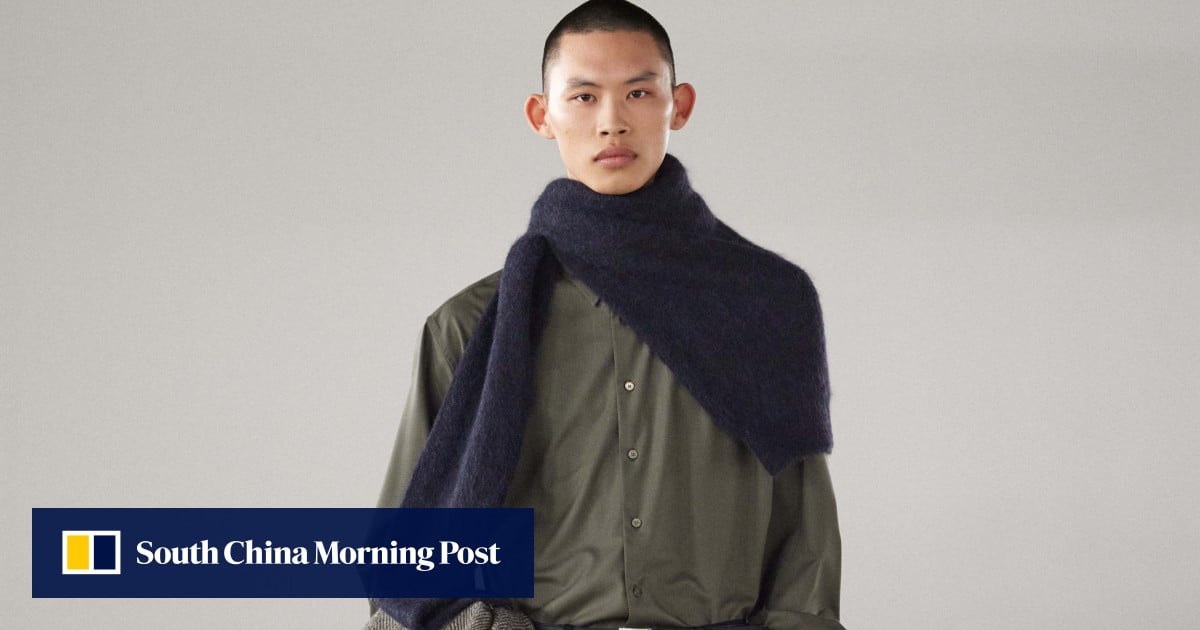Nonetheless, he sat down with the Post in Tokyo to discuss running a slow fashion brand in a world used to instant gratification.
How would you describe your design process?
What’s unique about our brand is that we make everything from scratch, so every collection starts with developing the fabrics first. As far as a routine, that’s it.
But things develop over time and the feeling of each collection develops as I look into what kind of raw materials we want to use, what we want to make.

It’s known that you have really close relationships with your producers. Is that something that started with the brand? How did it become such a core part of Auralee?
It was part of the initial concept and was a constant from the start. Something that’s important to me is that it’s not just about our brand, it’s all the parts and cogs – whether that’s the producers and suppliers we work with, they view our brand as a means to support them as well.
Why dramatic fashion show make-up that went viral was a hit with Gen Z
Why dramatic fashion show make-up that went viral was a hit with Gen Z
[That extends] even down to our raw materials, which come from all over the world: cashmere from Mongolia, alpaca from Peru. It’s a long process and we try to view our work as being something that can [keep an ecosystem going].
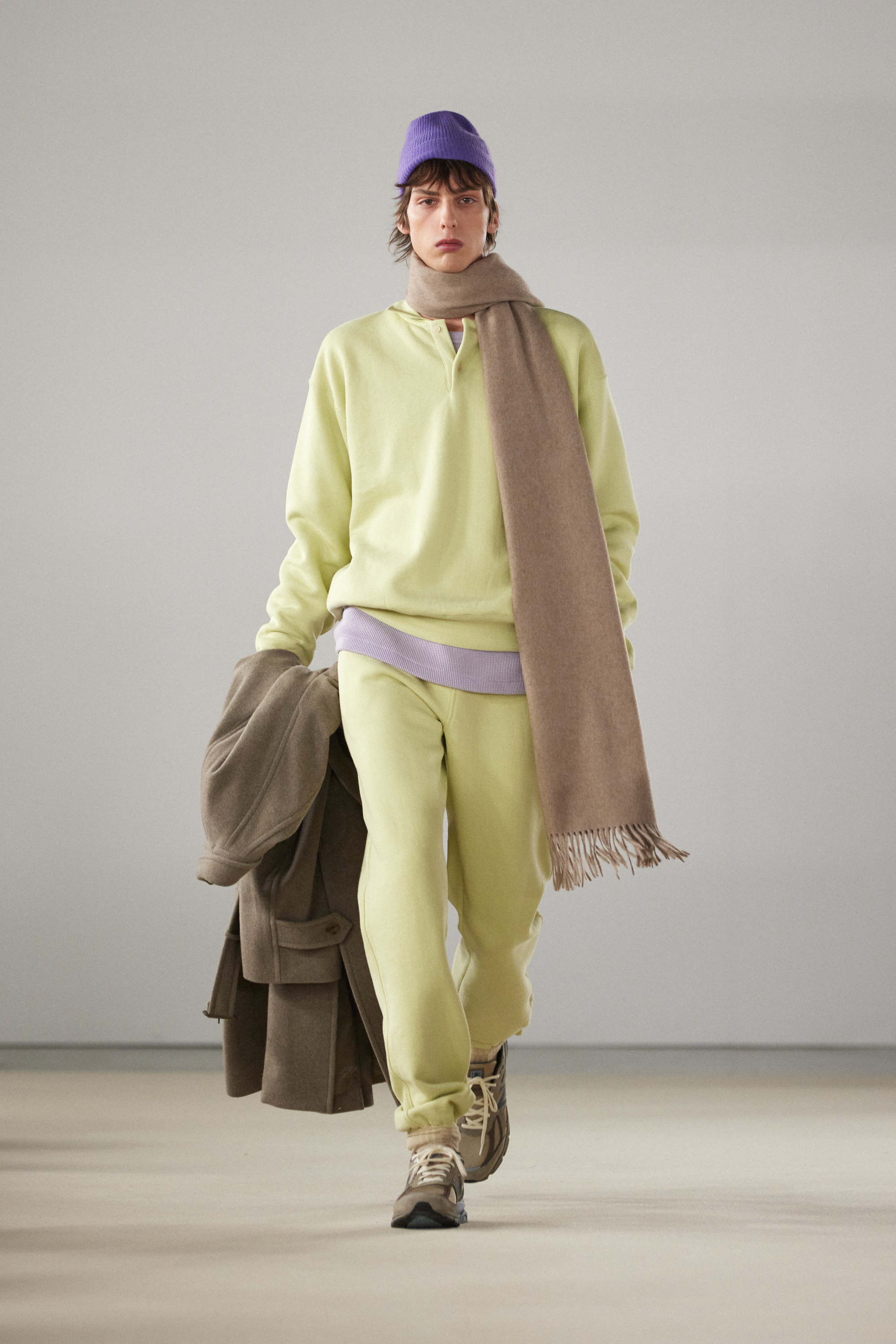
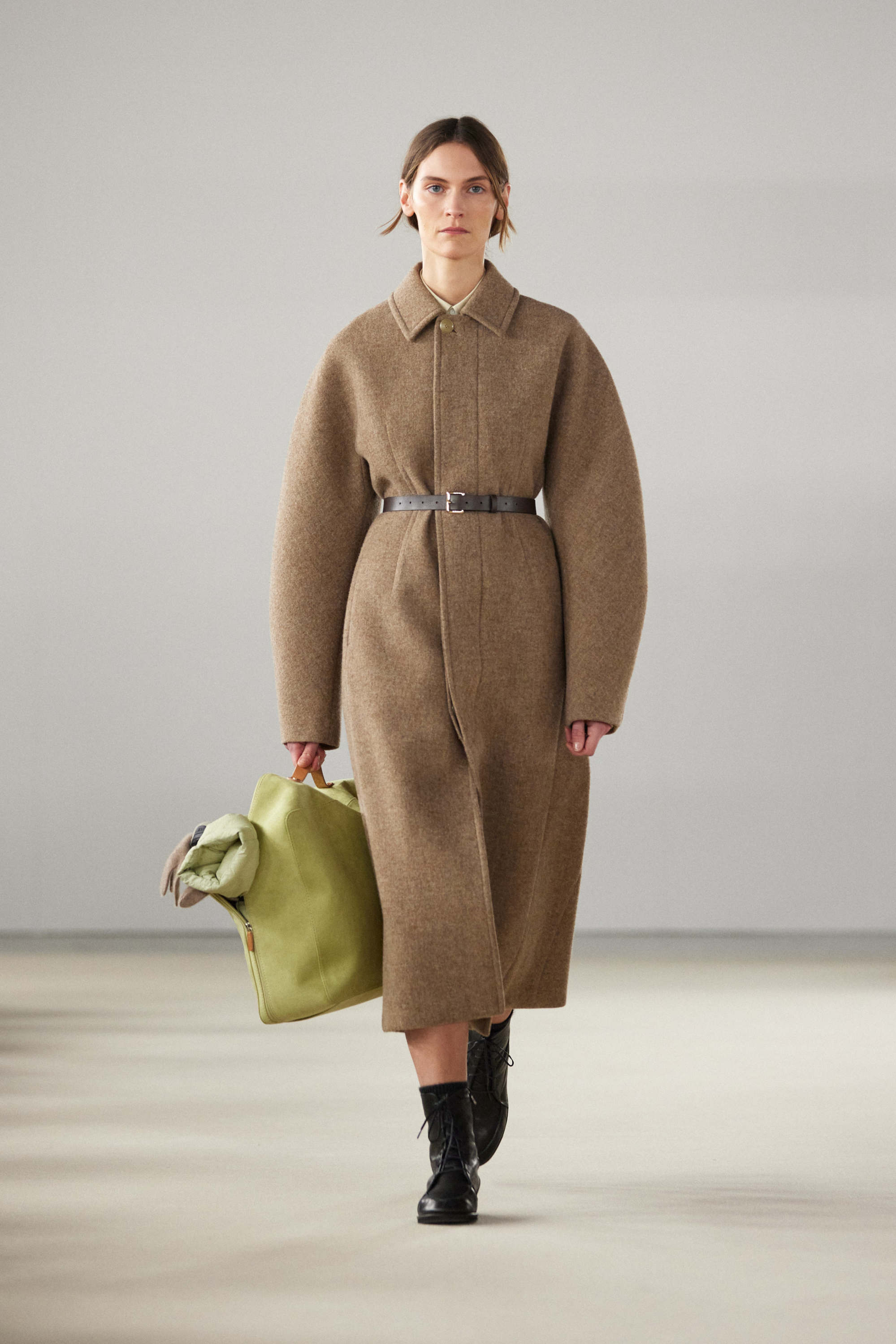
Are you being affected by the depreciating yen?
Certainly. Through our process and the way we price everything, the actual price of what we’re selling is mostly going to be the materials cost.
With the fluctuations of the yen and the rolling cost of the materials in general, our brand in particular is quite easily influenced – of course, it’s going to have an impact, mostly in the prices we have to put out for what we’re making.
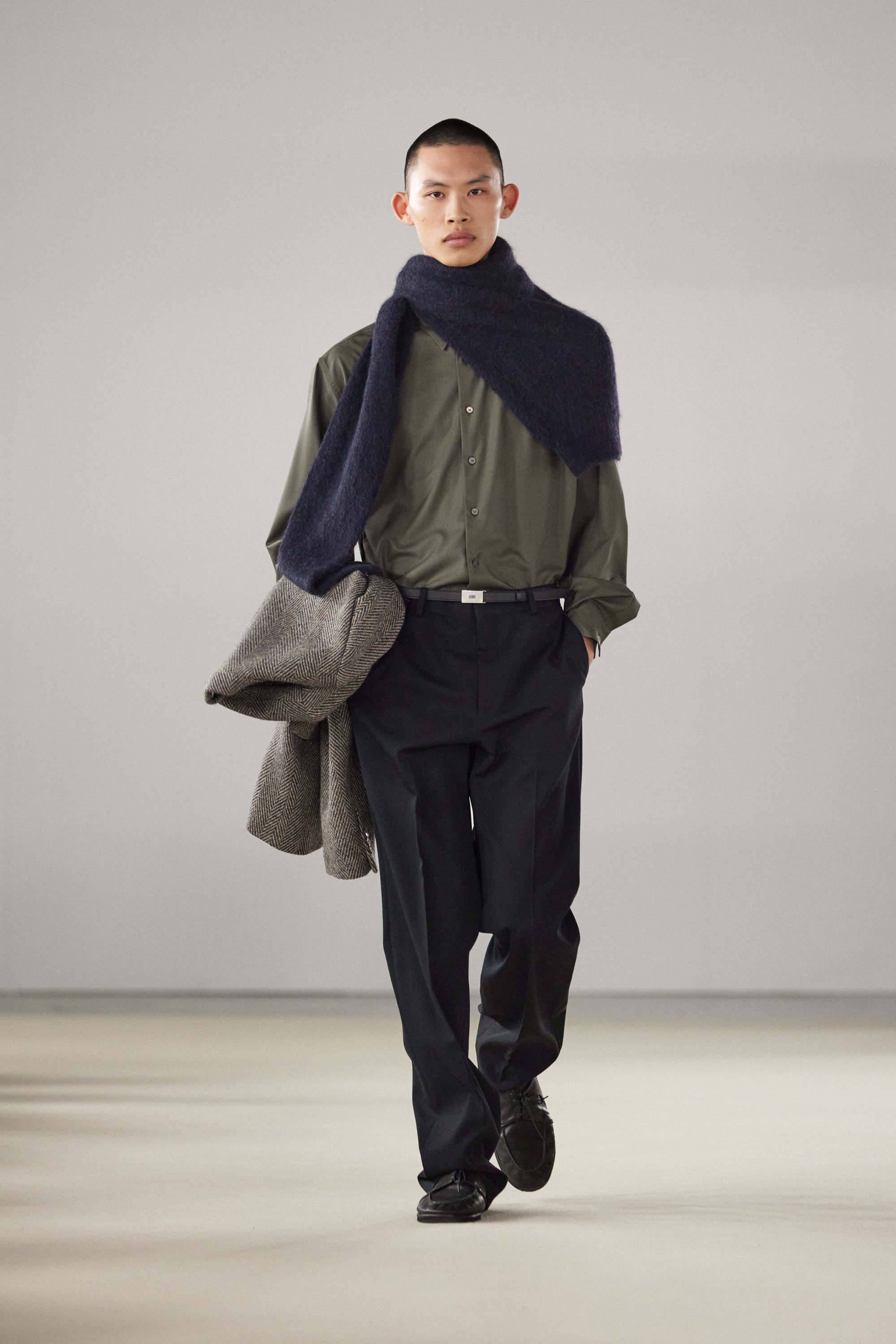
So much of running a brand is trying to balance the creative with the commercial. Given how you work with your supply chain, how does this balance out on the business end?
I think the way we’ve been able to balance that so far is through the scale of the brand.
We’re still independent and a relatively small team, and that allows us to balance out the growth so it doesn’t get too over the top. We get to take the steps that feel organic to us and go at a sustainable pace.
Similar to the clothing, it’s about not over-showing – our process is the same. It’s important for us to do things at our own pace.
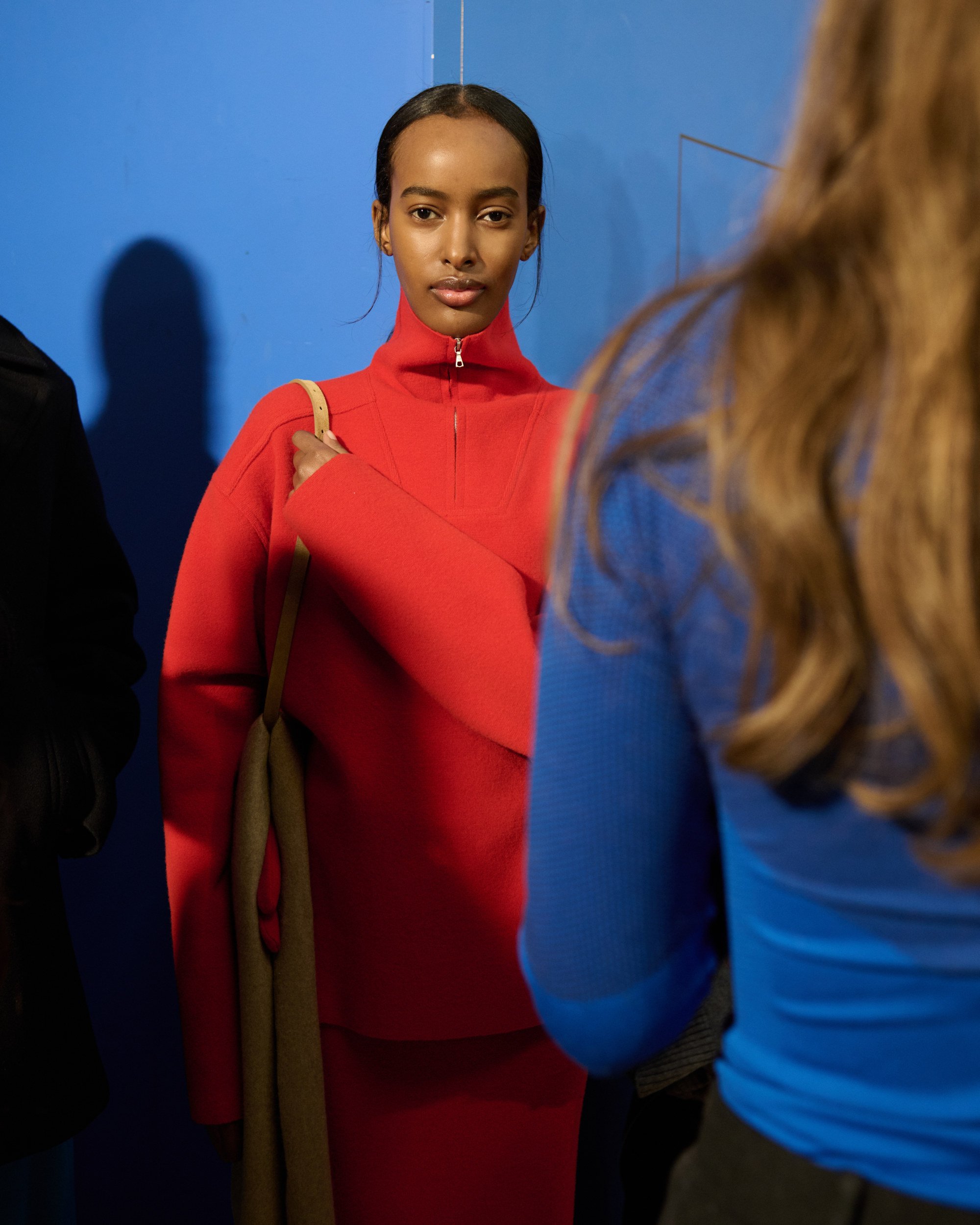
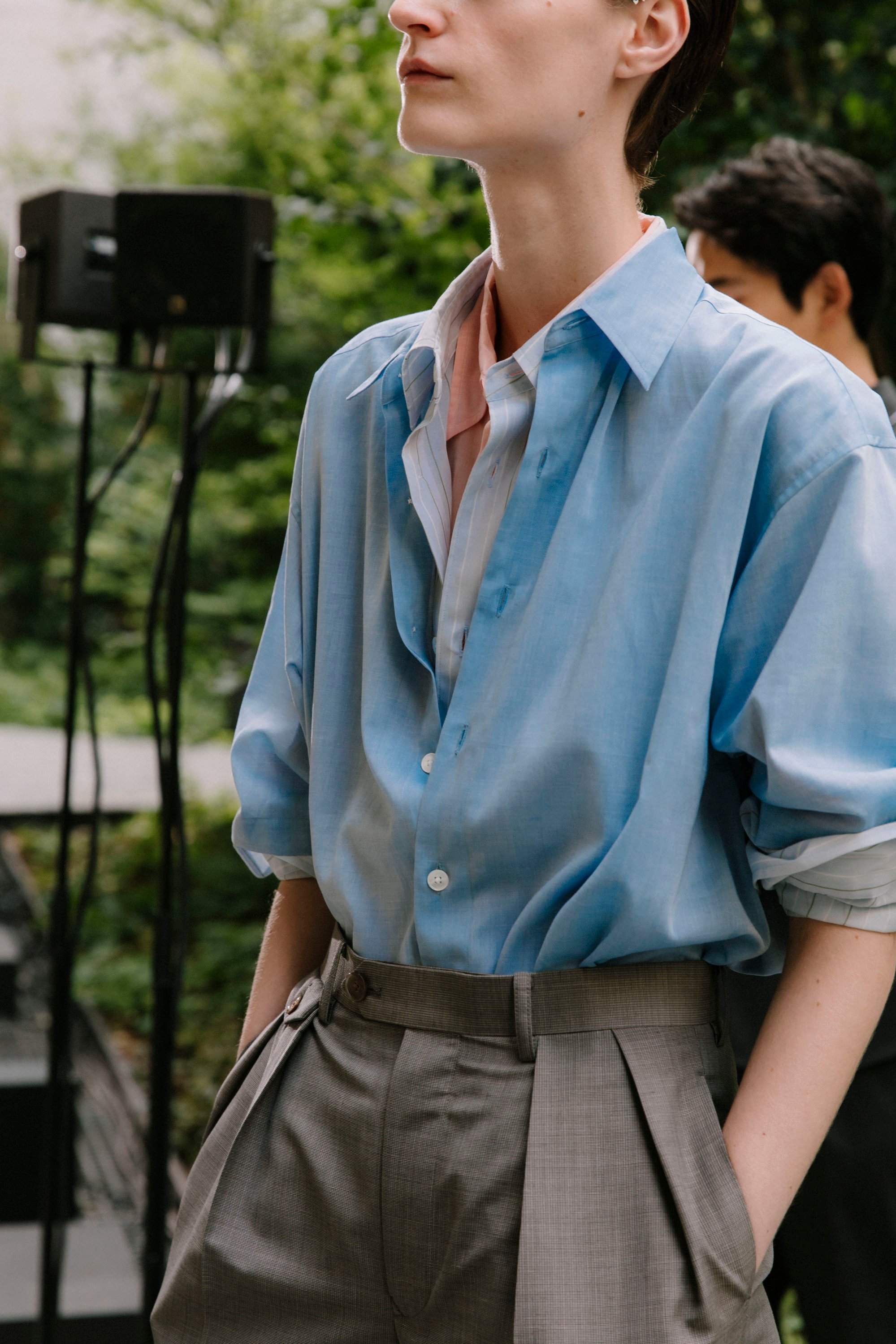
How do you think the Japanese fashion industry has changed within the last five years?
In the past, Japanese brands have been known to be more domestic-focused, and you had the really big names [going global]. But in the past few years there’s been a growth in younger brands trying to expand outside Japan, which wasn’t so much the case before.
There’s the financial and business-scale reason behind it, but there has also been a shift in generation and culture.

Is there a dream fabric you’re looking to create one day?
With every season and every day, my personal benchmarks are changing as well. The idea of having this ideal fabric, it’s an ever-changing process. I’m also striving and searching for what that would be.
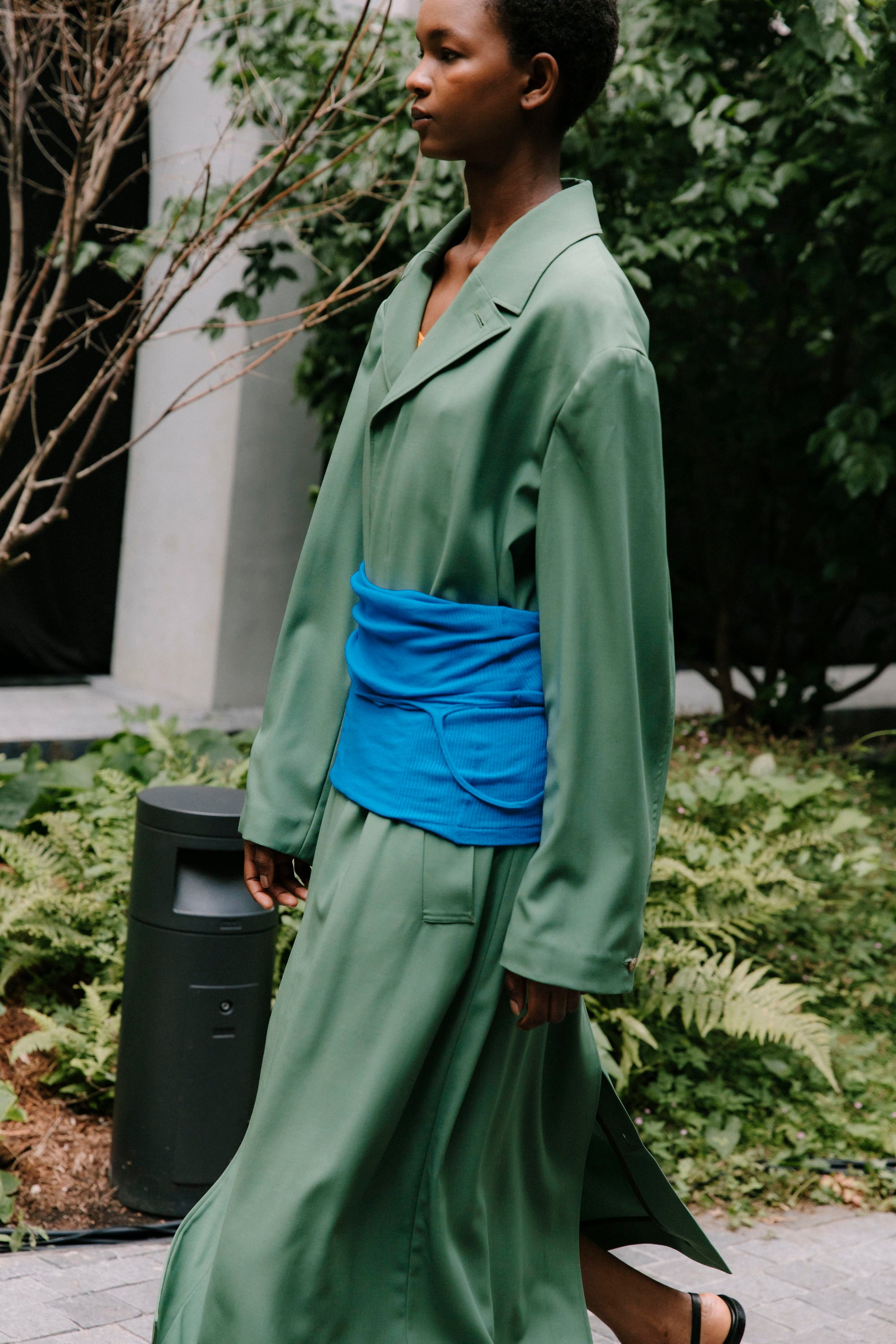
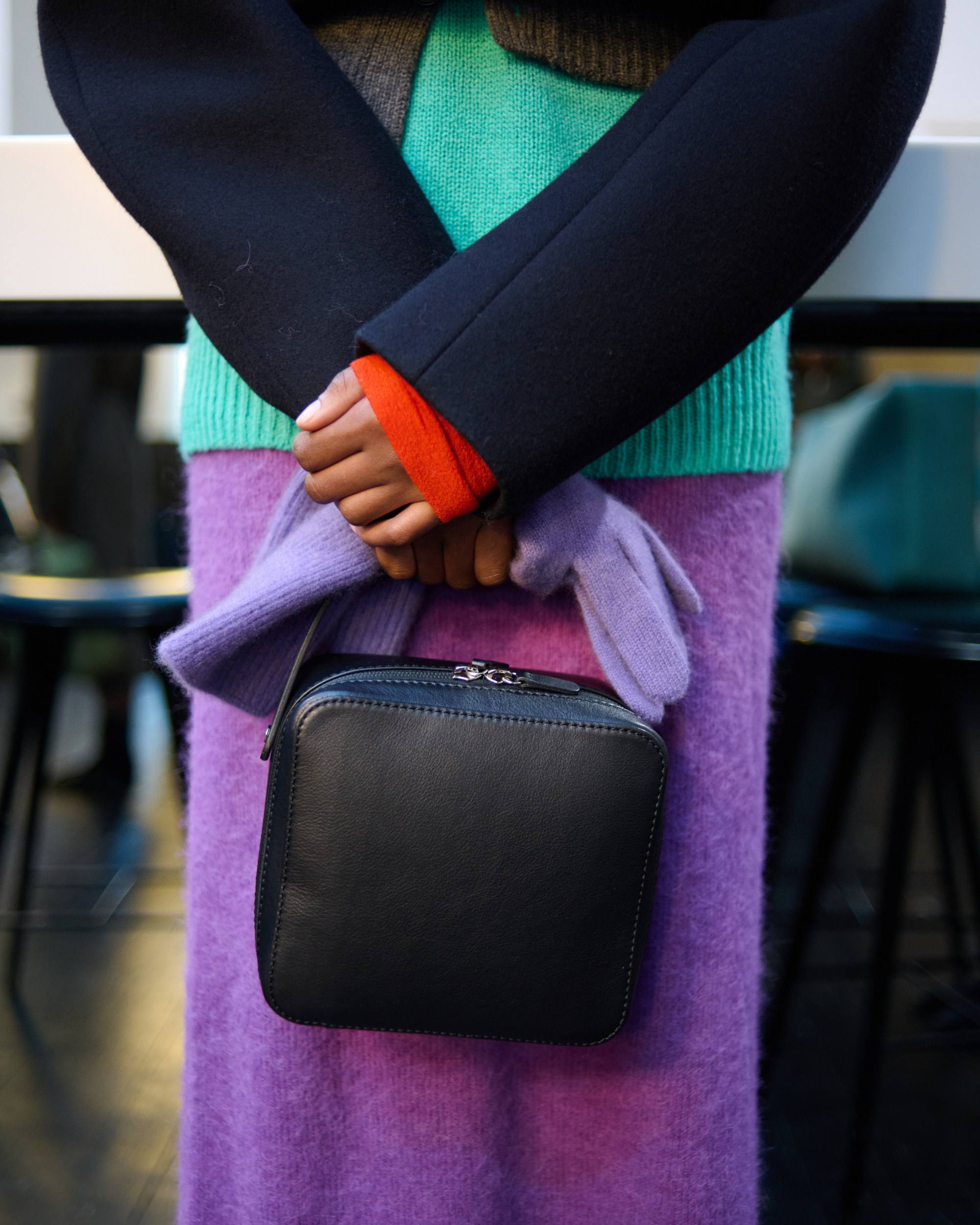
How do you think about branding and advertising in an age filled with PR stunts and influencers? Do you feel pressured to put the brand out there more?
Never – maybe it’s an old-fashioned way of thinking but we’d like the quality of clothing to speak for itself.
I don’t think we want to rely on gimmicks and PR stuff as a crutch, and as far as being able to grow and express what we’re doing, we’re hoping we can do it through the product.
Larger luxury brands put so much into influencer marketing and it’s this whole charade – but that’s outside of our scale too.
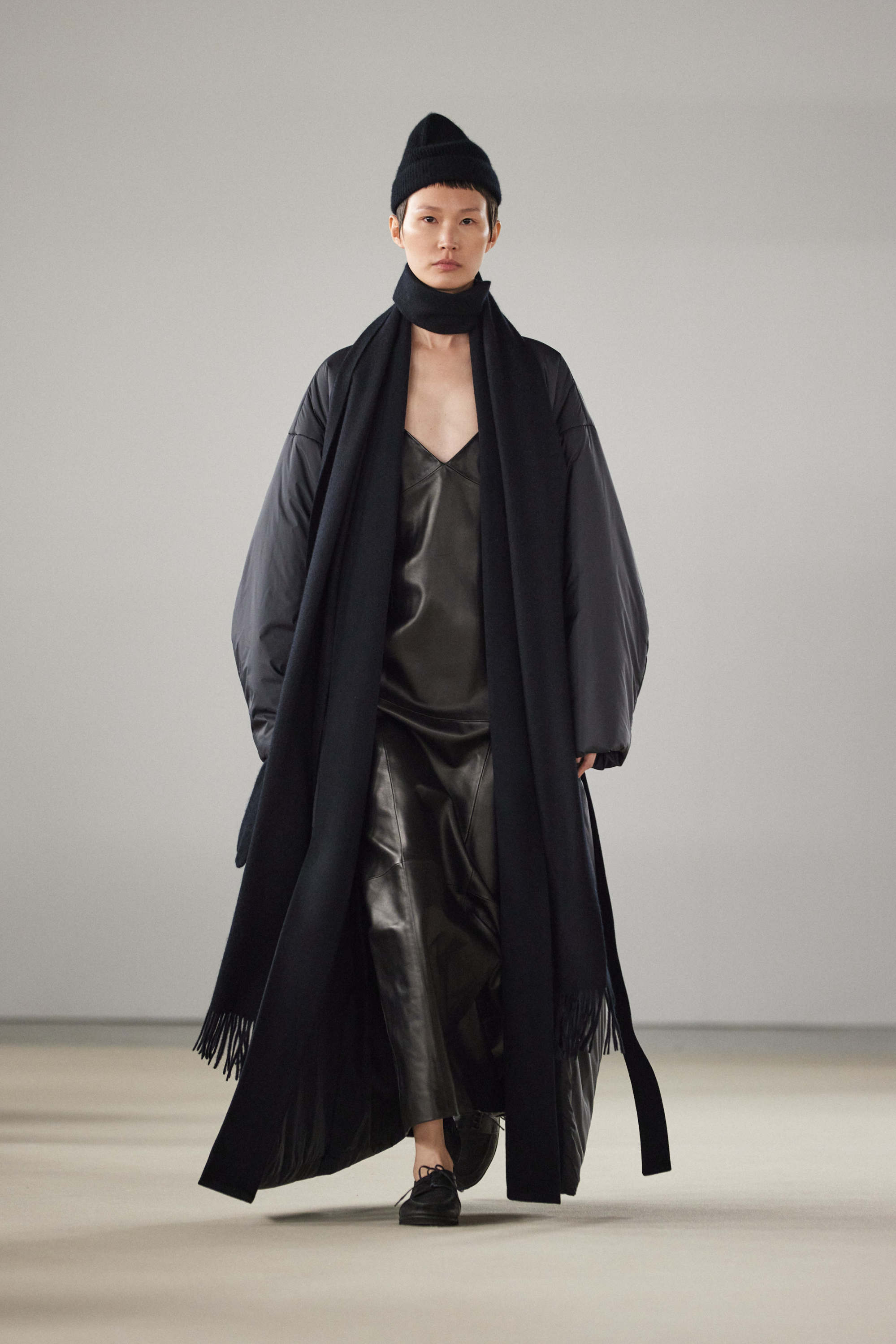
If you could dress anyone living or dead in Auralee, who would it be?
I haven’t really thought about that before. Of course if my favourite directors and artists wore the clothing I’d be thrilled, but compared to brands that have a muse, it’s not really my approach.
What speaks to me in a more direct way is my friends, the staff, being able to wear something and be happy with it.

